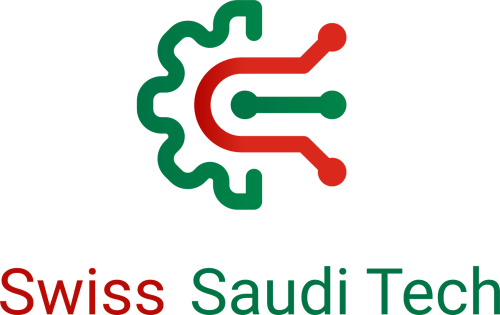Integrating Advanced Technologies for Enhanced City Operations
Intelligent City Operations are transforming the way cities are managed and operated worldwide, utilizing advanced technologies like AI and blockchain to create smarter, more efficient urban environments.
Empowering Urban Centers through Data Analysis
Data analysis stands at the core of intelligent city operations, providing key insights that drive efficiency and innovation in urban management. By integrating various data sources from traffic patterns to energy usage, city administrators can harness detailed, actionable insights to improve public services and infrastructure. For instance, in the Kingdom of Saudi Arabia (KSA), smart city projects in Riyadh and Neom are pivotal in transforming urban landscapes into intelligent hubs. These initiatives utilize data-driven strategies to optimize everything from traffic management to environmental monitoring, ensuring sustainable development aligned with the Vision 2030 agenda.
Blockchain Technology in Urban Management
Blockchain technology offers a robust solution for many of the challenges faced by modern urban centers, including issues of data integrity and secure transaction management. By creating decentralized records for city operations, blockchain can enhance transparency and trust among citizens and stakeholders. In Switzerland, renowned for its innovative approaches to technology and governance, blockchain frameworks are being explored to manage everything from municipal voting systems to real estate transactions in Zurich and Geneva, showcasing a commitment to pioneering smart city solutions.
AI and the Future of Intelligent Urban Planning
Artificial Intelligence (AI) is redefining the possibilities for city management. AI algorithms can predict traffic flows, optimize public transport routes, and even assist in critical infrastructure maintenance through predictive analytics. This not only improves the quality of life for residents but also reduces the ecological footprint of cities. AI’s role in intelligent city operations is a testament to how digital technologies can be harnessed to foster more livable, resilient urban environments.
Change Management for Smart City Initiatives
Implementing intelligent city operations requires effective change management strategies to ensure smooth transitions and widespread adoption of new technologies. Executive coaching and leadership development are essential in preparing top-level management and city planners to lead their cities into the future. Effective communication and stakeholder engagement are also pivotal in mitigating resistance and building support for transformative projects in urban management.
Enhancing Decision-Making with Integrated Platforms
Integrated technology platforms are critical in synthesizing data from disparate sources and providing a unified view of city operations. This holistic approach enhances decision-making capabilities, enabling city leaders to enact policies and initiatives that are informed by comprehensive, real-time data. Such platforms are instrumental in advancing the operational efficiency of city services, reducing redundancy, and improving response times in emergency situations.
Project Management Techniques in Urban Innovation
Project management is crucial in the execution of complex intelligent city operations. By employing advanced project management methodologies, city planners can better oversee the development and implementation of smart technologies, ensuring projects remain on time and within budget. Moreover, leveraging these skills fosters better collaboration among various departments and stakeholders, crucial for the interdisciplinary nature of smart city projects.
Leadership in Intelligent City Management
Leadership excellence is vital for the success of intelligent city operations. Dynamic leadership can drive the integration of AI and IoT in urban planning, ensuring that projects not only align with technical specifications but also with the socio-economic goals of the city. Leaders must possess a deep understanding of both the technological and humanistic aspects of city management to inspire and guide their teams through complex innovations.
Communicating Change in Smart Urban Ecosystems
Effective communication strategies are essential when introducing complex systems like intelligent city operations. Clear, transparent communication not only eases the adoption process among citizens but also builds trust in new technologies. Tailoring communication to different stakeholders—from government officials to the general public—ensures that all parties are informed, engaged, and supportive of the ongoing changes in their city.
Building Sustainable and Smart Urban Futures
The ultimate goal of intelligent city operations is to create sustainable, efficient, and highly functional urban areas that cater to the needs of their residents. By focusing on sustainable development goals, cities can ensure that technological advancements in urban management contribute positively to both environmental sustainability and the quality of life for all citizens. This approach requires a careful balance of innovation, management skills, and proactive policy-making.
#IntelligentCityOperations, #SmartCity, #UrbanPlanning, #DataAnalysis, #AI, #Blockchain, #ChangeManagement, #Leadership, #KSA, #Switzerland











